FIRST-AID & CPR
Training at all
levels
Learn various lifesaving techniques that provide aid in emergency
situations and Save Lives.
FIRST-AID & CPR
Training at all
levels
Learn various lifesaving techniques that provide aid in emergency situations and Save Lives.
Contact Us | (508)-742-5485 | CMLE CPR |
Acquire lifesaving skills from the experts
We are passionate about teaching life-saving skills to others, and we use the latest training techniques and equipment to ensure that our courses are of the highest quality. We believe that every healthcare provider should have the opportunity to learn these critical skills, regardless of their background or experience!
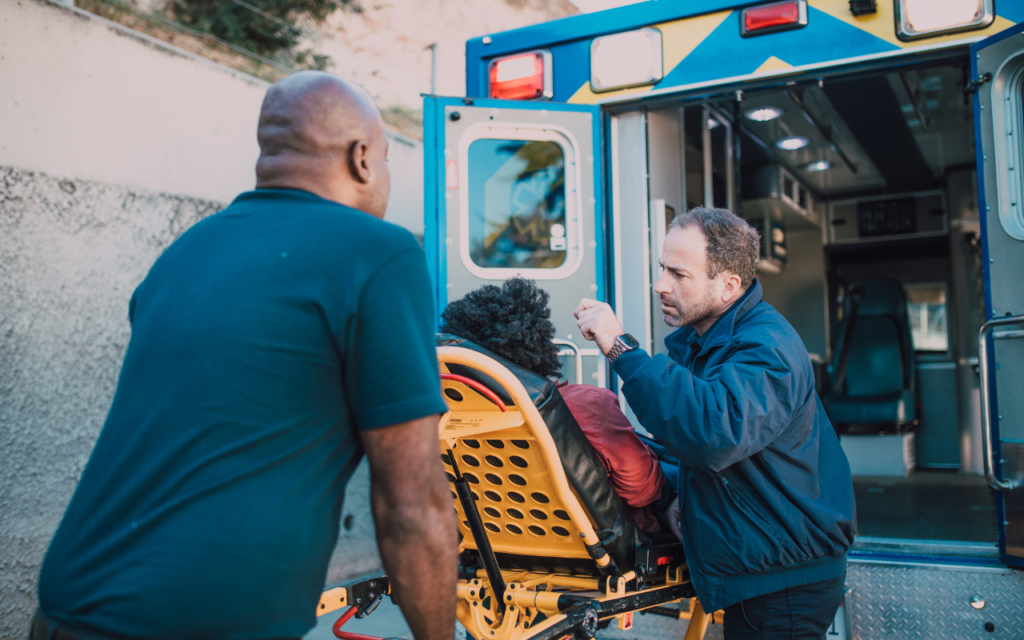
At CMLE CPR, we’re committed to staying at the forefront of healthcare education, and we work closely with leading organizations and experts to ensure that our courses are up-to-date and relevant. We believe that the more healthcare providers are equipped with these essential skills, the better they will be able to serve their patients and communities.
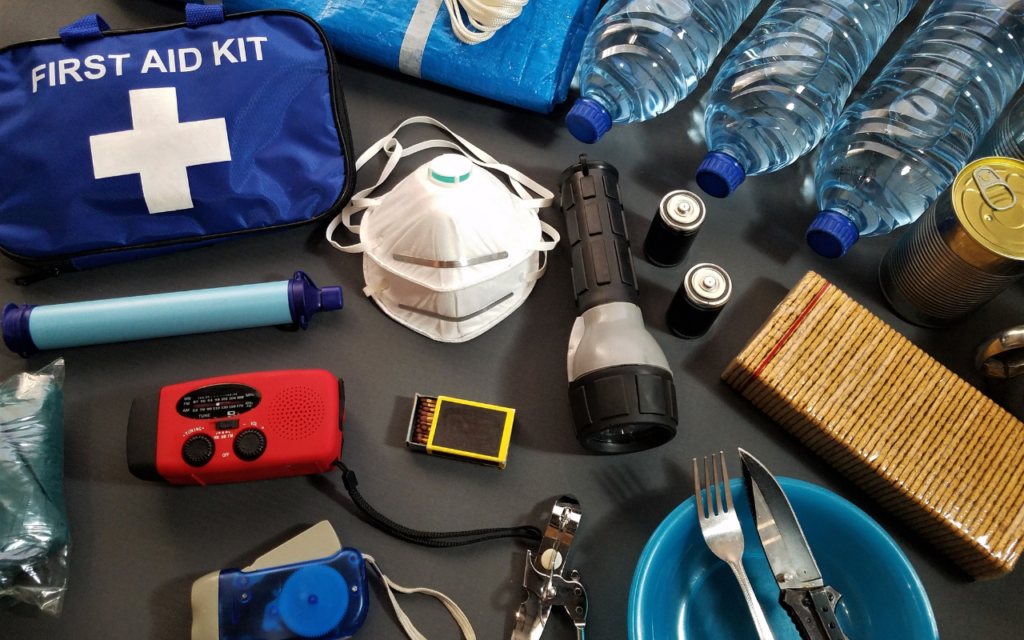
Our courses are designed to be flexible and convenient, with both online and in-person options available. We offer a range of courses to meet the needs of healthcare providers at all levels, from beginners to experienced professionals. We also offer customized training options for organizations that require certification for their staff.
By taking our AHA courses, you will receive comprehensive training in the latest AHA guidelines for CPR and first aid, and you will receive an AHA card upon completion of the course. This card is a valuable asset for professionals in a variety of industries, as it demonstrates that you have received training
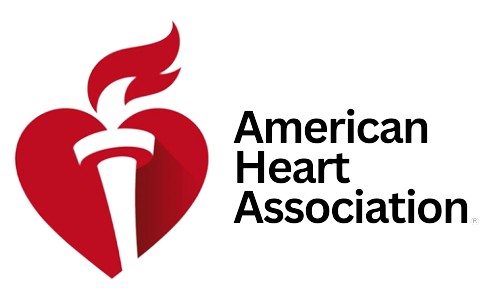
With 20 years of experience, we can help almost anyone in becoming more effective at CPR and handling themselves in emergency situations!
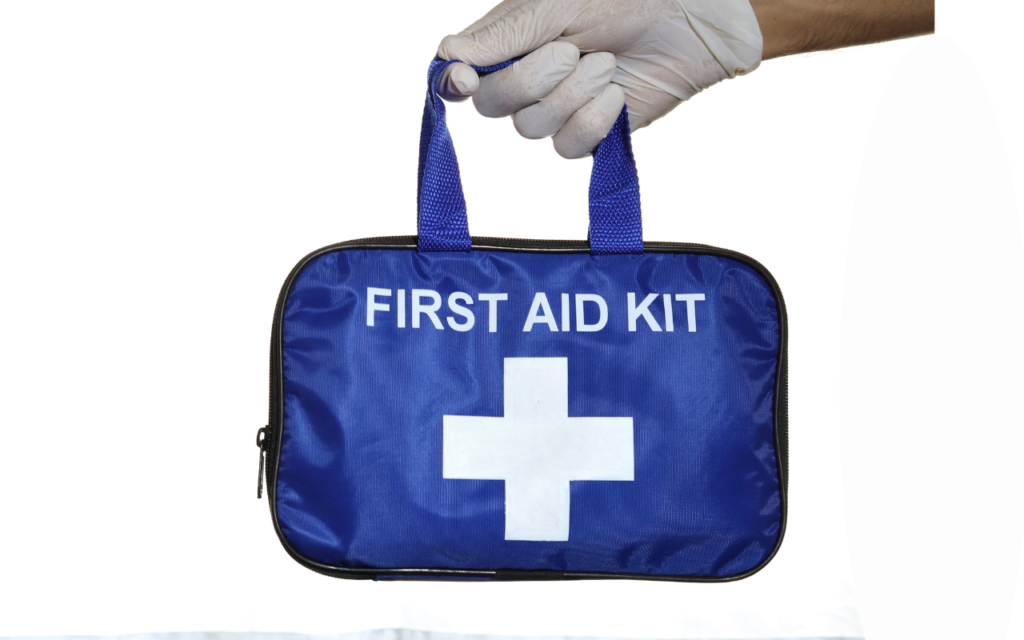
First Aid Training
We will teach essential life-saving skills and knowledge to help individuals respond to medical emergencies effectively. The training covers topics such as wound care, choking, burns, fractures, and cardiac emergencies. Participants learn how to assess the situation and provide appropriate care until professional medical help arrives. First Aid Training is critical for individuals who work in high-risk environments, parents, caregivers, and anyone who wants to be prepared to respond to emergencies. With First Aid Training, you’ll be equipped with the knowledge and confidence to potentially save lives.
CPR
We specialize in teaching CPR (Cardiopulmonary Resuscitation) to individuals and organizations. We offer comprehensive CPR training courses that cover essential life-saving skills such as chest compressions, rescue breathing, and defibrillator use. We use the latest techniques and training materials to ensure that our students are fully equipped to handle emergency situations with confidence. With our CPR training, you’ll be prepared to respond to a variety of medical emergencies and potentially save lives
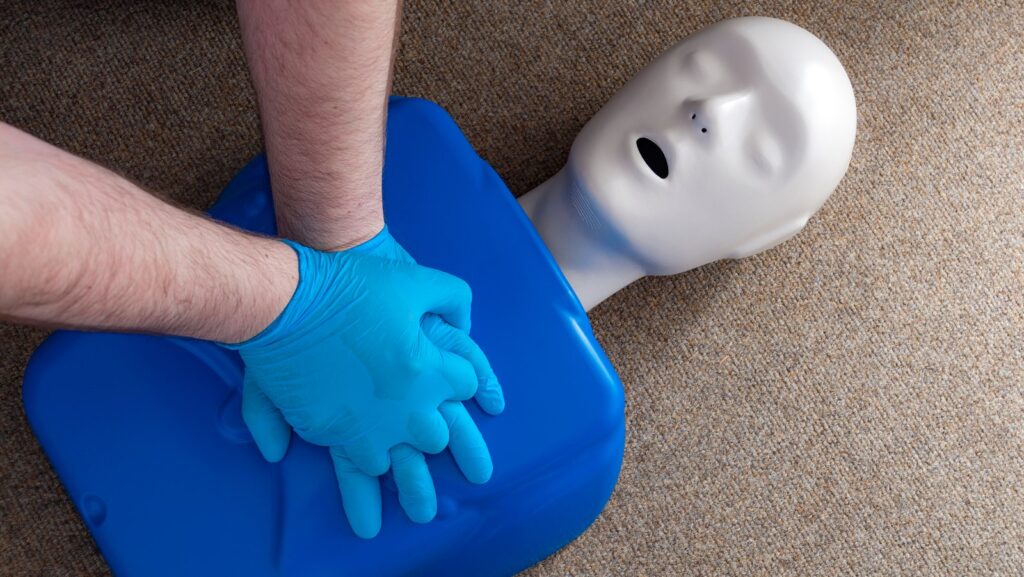
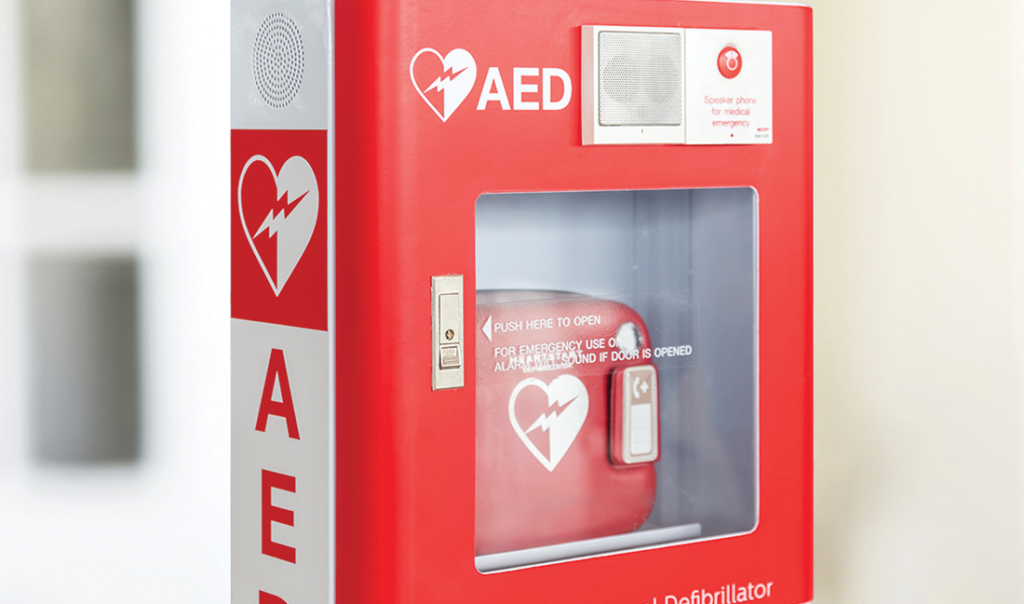
AED Training
AED (Automated External Defibrillator) Training teaches individuals how to use this life-saving device during a cardiac emergency. The training covers how to identify a cardiac emergency, how to operate an AED, and how to administer CPR. Participants will learn the steps to take to respond effectively during a sudden cardiac arrest emergency, including when to use an AED and how to use it safely. AED Training is essential for individuals who work in high-risk environments, such as schools, gyms, or workplaces, and for anyone who wants to be prepared to respond to emergencies. With AED Training, you’ll be equipped with the knowledge and skills to potentially save a life in a critical situation.
For Individuals
Gain essential life-saving skills with our BLS for Healthcare Providers and Heartsaver CPR/AED/First Aid courses. Whether you are a healthcare professional seeking to stay current with the latest guidelines or an individual looking to be well-prepared for everyday emergencies, our expert instructors provide comprehensive and convenient training. Enroll today and be ready to respond with confidence when it matters most.
For Businesses
We will maintain a record of the certifications we provide to your employees. This tracking system will enable us to manage employee training and certification requirements more efficiently and ensure compliance with industry regulations. By maintaining an up-to-date record of employee certifications, we can also provide timely reminders for re-certifications and identify opportunities for skills development and training
News and Insights

The Significance of Sugar Intake and Strategies for Reducing Excess Consumption
Sugar, with its dual nature, plays the role of both seductive allure and hidden danger in the health narrative. Natural sugars, including glucose and fructose, are vital energy sources for the body, but the abundant presence of added sugars in our diets is where the trouble begins. The overconsumption of added sugars, such as high-fructose corn syrup and cane sugar, triggers a chain reaction in the body, straining the pancreas and potentially leading to conditions like Type 2 diabetes and obesity. The American Heart Association advises limiting added sugar intake to a small percentage of daily calories. Identifying added sugars in everyday foods is crucial, and the distinction between added and naturally occurring sugars, as found in fruits and vegetables, holds importance in managing sugar intake. Gradual changes in dietary choices can help individuals reduce added sugar while still savoring it in moderation.
https://www.who.int/news-room/fact-sheets/detail/universal-health-coverage-(uhc)

Familiar with the Portfolio Diet? It Could Reduce Heart Disease and Stroke Risk
New research highlights the potential of the lesser-known “portfolio diet” in reducing the risk of heart disease and stroke. This dietary pattern aims to lower “bad” LDL cholesterol, a key cardiovascular risk factor. The portfolio diet comprises specific plant-based proteins like soy and legumes, foods rich in viscous fiber (e.g., oats, barley, berries, apples, and citrus fruits), nuts, seeds, phytosterols that reduce cholesterol absorption, and healthy plant-based oils high in monounsaturated fat. The study, led by Dr. Andrea Glenn from the Harvard T.H. Chan School of Public Health and the University of Toronto, found that those with the highest portfolio diet score had a 14% lower risk of coronary heart disease and stroke after up to 30 years of follow-up. The portfolio diet, while less well-known than some other diets like DASH and Mediterranean, shares significant overlaps with them, emphasizing whole grains, plant-based foods, and plant oils. It offers heart-healthy benefits and can be adapted to various dietary preferences, making it a valuable option for those seeking to reduce cardiovascular risk.

Strategies for Safeguarding Women's Heart Health Throughout Menopause
Medical experts highlight that the hormonal and body composition changes occurring during the transition to menopause can elevate the risk of developing heart disease in postmenopausal women. The American Heart Association offers guidance to promote heart health during this period. The Association emphasizes the importance of monitoring key health numbers, including blood pressure, blood sugar, and body mass index. Cholesterol levels are also crucial, with individualized healthy targets based on risk factors. Adopting heart-healthy eating patterns, like the DASH-style and Mediterranean-style diets, which are rich in fruits, vegetables, whole grains, healthy fats, and lean proteins while minimizing salt, sugar, alcohol, and processed foods, is recommended. Incorporating strength and resistance training into exercise routines can help counteract bone density and muscle mass reductions often seen in menopausal women. Prioritizing quality sleep is essential, as it is part of the 8 essential elements of heart health and can be challenging due to menopausal disruptions. Strategies to improve sleep quality include establishing bedtime routines, reducing electronic device usage before bed, and seeking medical help for persistent sleep problems. By focusing on these measures, women can protect their heart health throughout the menopausal transition.

